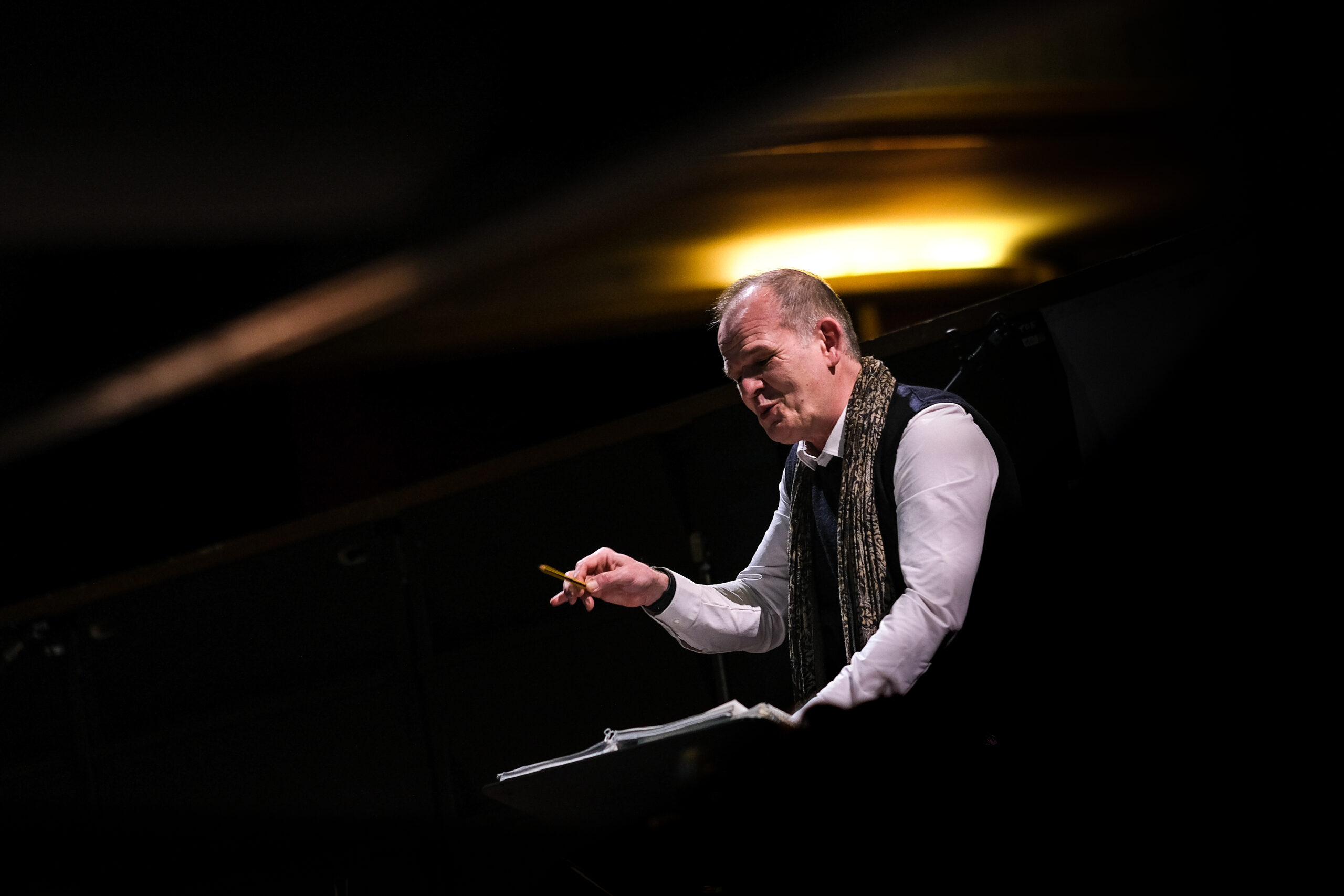
GÜRZENICH ORCHESTER – MOZART/HAYDN/POPPE
Wolfgang Amadeus Mozart
Symphony No. 29 in A major KV 201 (1774)
Wolfgang Amadeus Mozart
Ch’io mi scordi di te? – Non temer, amato bene Recitative and aria for mezzo-soprano, piano and orchestra KV 505 (1786)
Joseph Haydn
Scena di Berenice Hob. XXIVa:10 (1795)
Enno Poppe
Strom
- Anna Lucia RichterMezzo-soprano
- Ammiel BushakevitzPiano
- Gürzenich-Orchester Köln
- François-Xavier RothConductor
Introduction 50 minutes before the start of the concert (Sunday and Tuesday in the concert hall, Monday in the gallery)
At the age of 18, most young people are partying excessively or trying to get a handle on their hormone levels. Surely Mozart was too, but for good measure at that age he was on the move in the sunniest of keys, namely A major, there and then elevating the domain of the symphony to a whole new level. Wolfgang Amadeus does not need many instruments at all for a varied range of colours. Whether finely woven in polyphony or as a powerfully dramatic burst of energy: KV 201 composed by the highly gifted teenager is the perfect date between transparent chamber music and thrilling symphonies.
That his love for human voices was not a jot less is proven not only by Mozart’s operas, but also some fifty concert arias. In only one of them does he include a piano to boot—which he then personally played at the premiere. Well, the lengths you go to when you’ve fallen hard in love with a young singer who’s planning to leave the city of Vienna. A heartbreakingly beautiful farewell scene: »Fear nothing, my beloved, my heart will always be yours.«
Joseph Haydn and England? Now that was love at first sight. And during his second stay on the island in Haydn fever, the celebrated composer perhaps the most spectacular concert in his career took place. As a final highlight, he stages a musical roller coaster ride of feelings: Scena di Berenice. Heartfelt longing, infuriated exasperation, fiery passion—technical and emotional red alert for the mezzo-soprano. But in Haydn, of course the orchestra has to go through all this as well. »Why do you not kill me, torments of my heart?«


